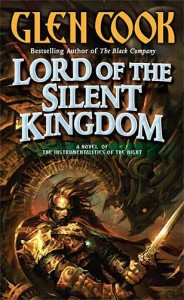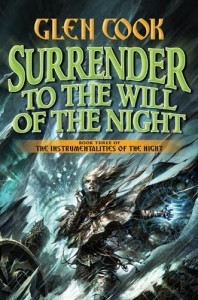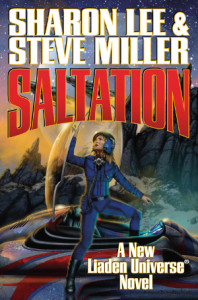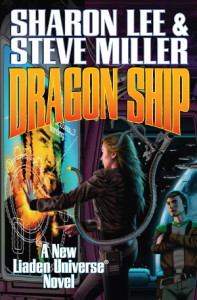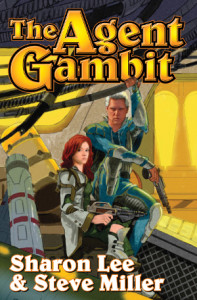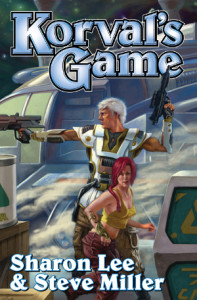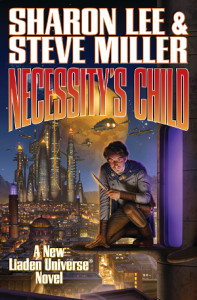History
We call the time before the invention of writing pre-historic—history it seems comes from writing.
Writing was first invented around six millennia ago. It appeared in China, India, Egypt and western Asia. People wrote on (in) clay, wax, wooden slats, parchment, papyrus and, eventually, paper and carved in stone. It spread across the civilized world because it was too convenient, important, to not use. Those who could read and write, or commanded those who could, controlled society.
The ability to count, record, plan and allocate allowed (mandated?) the creation of water empires in the valleys of the Nile, Tigris and Euphrates, Indus and Yellow rivers. No longer was a person’s memory and good will a limiting factor in the matter of logistics.
A great deal of our knowledge, or what we believe, of these early civilizations comes from the writings they left behind. However, this knowledge is skewed. It is knowledge dominated by religion, government and the wealthy. Little is really known about the lives of the ordinary people—ninety plus percent of the populations of these societies. And a lot of what we know of the lives of ordinary people is conjecture based on ruins and what was written about them by the upper classes, who seem to quite often despise those who were neither educated nor wealthy—although their societies would have collapsed without the labor of these “lower” classes.
What would our view of these societies be if we had a written record for them as we have for ourselves over the last two centuries?
History Unwritten
Three of history’s seminal figures: Buddha, Socrates and Jesus left no writings behind. What we know of them, or think we know of them, is based on the writings of others. Everything we “know” about these men was filtered at the very start by views, beliefs, biases and experiences of those who wrote the books. We must also take into account what these men hoped to accomplish with their writings.
Assuming that the followers of Buddha, Socrates and Jesus were good people, interested in accuracy, what were their agendas?
Is the Socrates of Plato accurate? Is the Jesus of Matthew, Mark, Luke and John accurate? Did he really exist, at least as the person shown in our current Bible? Remember, there are early books which, for one reason or another, have not been included in the Bible.
Would what we “know” of these men be different if they wrote about themselves and their beliefs? If there were contemporaneous accounts of Jesus and Buddha would they paint a picture of these men different from that portrayed by their followers—written long after their deaths?
History Destroyed
Libraries, and other storehouses of knowledge (and history), have been destroyed by flood, earthquake, fire and war. The Library of Alexandria, housing tens of thousands books, or scrolls, is one such example. Fire from the Roman civil war, from which Caesar emerged as sole ruler of Rome, destroyed parts if not all of it. Aurelian’s taking of the city while suppressing Queen Zenobia of Palmyra may have damaged it. Following the banning of paganism by Theodosius in 391, more damage and destruction. The Muslim conquest in 642 may have been the end.
However much truth there is in these accounts of the Library’s destruction, it no longer exists. What might our view of the ancient world be today if the treasures it housed were available to us?
Science Fiction and Fantasy History
Much of what happens in science-fiction and fantasy occurs in the future. In each of these stories the author has to breath some life into his (or her) world/universe. Asimov’s Foundation Series, Smith’s Lensmen, Herbert’s Dune, Weber’s Honorverse are just a few examples of created worlds whose history is us. It is after our time when these worlds diverge.
If you are interested in alternate history—our history to a certain point and them bam—there is plenty out there. Change one event, use historical trends and characters and see how the world would have turned out. America loses the Revolutionary War, the South defeats the North, aliens invade during World War II. These and many others are out there waiting to be read (and written). They all demand some type of history.
Even if you create your own universe/world from scratch you still have to give it some history to flesh it out. Very few of us can write a story that has no context.
Which brings me to Jack McDevitt. Many of his stories deal with a humanity that has spread to the stars and been there for millennia. His protagonist is Alex Benedict, an antiquarian. As an individual who deals in old and rare artifacts, Alex must deal with history.
Alex Benedict, and his “sidekick,” Chase Kolpath, hunt down various antiques and sell them for large amounts of money, generating a healthy income. There is danger, of course, as they deal in valuables and secrets. There is murder and attempted murder, but there is none of the large-scale violence and wars associated with much of science fiction. These stories are mysteries.
Alex has a copy of Churchhill’s Their Finest Hour and other valuables. Most of what happens involves history that happened after the twenty-first century. In these instances McDevitt must invent the history, the people, the events and the artifacts. But all of this future history must follow logically from our own history or else the reader will lose his ability to suspend his disbelief.
McDevitt’s ability to weave history and today and its trends into a coherent whole along with non-superhuman characters is half the charm of the stories. The other, of course, is a richly detailed future universe with interesting characters faced with a mystery or two and, occasionally, a crisis.
Today as History
In his newest book, Coming Home, Chapter Twenty-Six (Spoiler Alert), McDevitt gives us a glimpse of what Benedict’s universe has of ours and what they make of it.
- Most poetry has disappeared but Shelly remains,
- James Thurber’s name remains, but none of his writings,
- Only six of Shakespeare’s plays are known, among them The Merry Wives of Windsor,
- Only seven Hollywood films survive, among them Casablanca and Abbot and Costello Meet Frankenstein,
- Dracula was apparently a physician,
- Superman and Batman got their start in the twenty-fourth century.
If this, or something like it is what survives of our society, what will people make of us? How accurate will their perceptions be?
Is this kind of sampling what we have of our ancient world? Is it as accurate?
Did Ramesses defeat the Hittites at Kadesh or was he forced into retreat? Do we just believe Egyptian propaganda or are the claims of Ramesses accurate?
Were the Egyptian pyramids built by thousands of slaves or by thousands of Egyptian farmers during the seasons their land was flooded by the Nile?
Does Plato tell us of the real Socrates or just a Platonic version of him?
What of the stories of Jesus?
Do we believe that Nero and Caligula were monomanically evil because they were or are they victims of bad publicity, books written by political enemies?
Family History
For most of my forty years of teaching in junior high I taught History. I told my students that it was the most important subject because it was the only one that told them about their family.
Where are we without our families? We are adrift in the world without an anchor. We are orphans among six billion strangers.
History teaches you about your family—the human race. You are related to everyone else whether you realize it or not. Every stranger you meet is a cousin, maybe a cousin a hundred times, or a thousand times removed, but a cousin nonetheless.
Only by realizing this, and acting on it, will we be able secure our future. No new collapse of society, no new Dark Age, no future interpretations of our lives and civilization without sufficient evidence to either praise or damn us.
As Rodgers and Edwards wrote for Sister Sledge: We Are Family. Let us treat each other as family.
—History is the witness that testifies to the passing of time; it illumines reality, vitalizes memory, provides guidance in daily life and brings us tidings of antiquity.—
Marcus Tullius Cicero
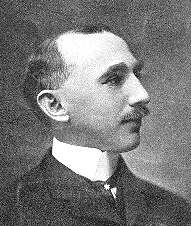

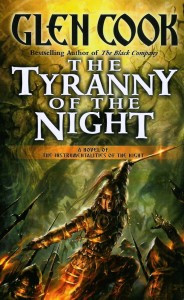 eat Schism
eat Schism